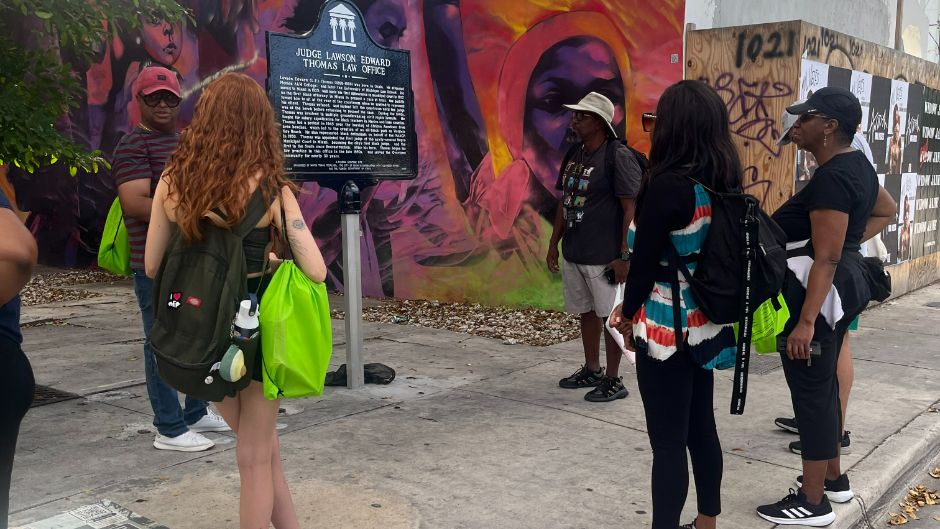Under the Universal Declaration of Human Rights of 1948 and Article 11 of the International Covenant on Economic, Social, and Cultural Rights, all human beings have a right to food, underscoring that freedom from hunger is an essential human right. Limited or no food access, affordability, adequacy, and availability in disenfranchised communities in Miami give rise to potential human rights violations when communities suffer from hunger due to discriminatory policies and practices.
To address this, the Environmental Justice Clinic partnered with the Human Rights Clinic to develop a comprehensive study on how the current food system, laws, and regulations impact historically marginalized and vulnerable populations in Miami. The team will focus on how these policies and practices enhance or undermine food security in Miami communities.
“It’s exciting to see the increasing use of the human rights framework to address issues in the U.S. food system,” said HRC’s Acting Associate Director Denisse Córdova Montes. “The right to food is intimately intertwined with environmental issues and we welcome the partnership with the EJC to bring attention to violations of this human right in Miami.”
The clinics take a holistic approach to food justice, grounded in community research principles that seek to amplify community voices and pursue solutions created within the affected communities. The students began this work in Overtown when they attended a Zumba training with community residents hosted by a community partner, Urban Health Partnerships. Afterward, students walked through Overtown with Keith Ivory, a community resident, organizer, and historical tour guide, to learn more about the history and culture.
After engaging with a local food truck, Shak ‘n Tay Spices, they experienced grocery shopping at two Overtown food retailers. Team members observed food adequacy challenges in a small convenience store in Overtown, particularly concerning a lack of fresh or healthy food options. The team also identified food affordability issues in the community’s one local supermarket, which they noted goods that were priced well above other grocery retailers outside of Overtown.
The interns on this project are bringing prior skills to this collaboration. Justin Alexander uses his urban planning background and GIS training to create an interactive mapping highlighting food availability and access in Miami-Dade County, while Lauryn Holliday uses her creative film and community advocacy background to cultivate a policy advocacy tool.
“It’s exciting to incorporate traditional urban planning techniques into community lawyering,” said Alexander, a second-year law student.
“This has been an amazing and informative experience to integrate my film and advocacy backgrounds to empower the voices of the Miami-Dade community, while also fostering sustainable solutions,” said Holliday, a second-year law student. “The tool will not only represent community experiences, but also will explore innovative ways the city might reduce food waste and food loss.”
In addition to community engagement, the team will conduct a comprehensive review of current literature and data. They will share key findings with the U.N Permanent Forum on People of African Descent in April 2024. In addition to the EJC student team, HRC interns Lily Arslanian, Kristina Bergman, and Zoe Henderson are also involved in the joint clinic project.
Read more about Miami Law’s clinics.

